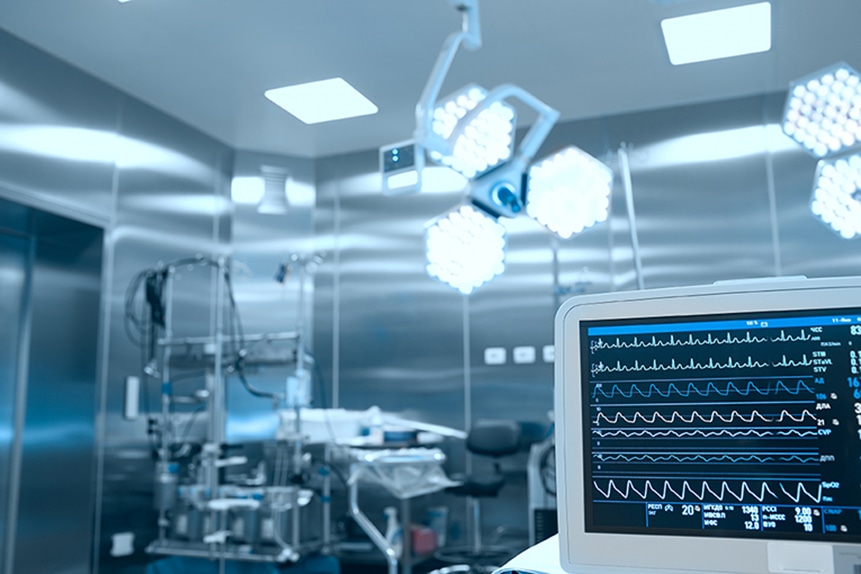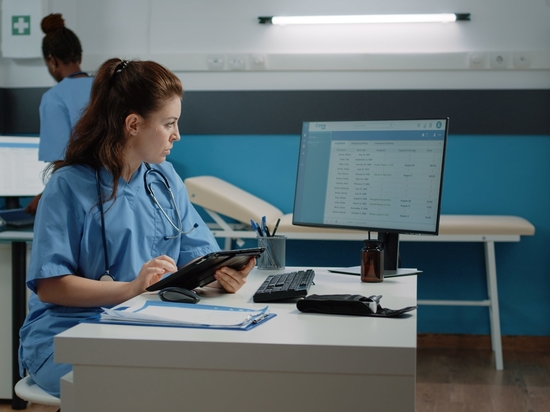
#Product Trends
3 Traits Every Clean Room Computer Needs
Mitigate the Risk of Hospital Acquired Infections
Clean room environments in hospitals have very different computing needs than other areas. These could be operating rooms, compounding pharmacies or infectious disease units within the facility. The importance of eliminating the spread of germs and other harmful microbes in these environments can’t be understated. And as such, here are 4 features that every clean room computer should have.
Antimicrobial Housings
This should be your first line of defense and seems like an obvious feature that hospitals should be looking for in a computer. Unfortunately, a lot of hospitals still use commercial grade computers. Considering the number of people who interact with patients, then interact with computers throughout the course of a day, it isn’t hard to understand why computer hardware can be one of the main breeding grounds for harmful bacteria.
Finding a medical computer with an antimicrobial housing is important. But even here, there are distinctions between different antimicrobial housings. A lot of medical grade computers are treated with an antimicrobial coating after the manufacturing process. These coatings tend to degrade over time, especially if they are consistently disinfected and cleaned. Look for medical computers that have their antimicrobial agents baked directly into the resin during the manufacturing process. These antimicrobial housings will never degrade, even with consistent disinfection.
Fanless Cooling Technology
Cooling fans are vitally important in computers. They keep devices from overheating and breaking down. But they also blow dust into the air. In a hospital, they blow dust and germs into the air, which can easily cause infection during a surgery, taint lab results or create an added danger to ICU patients.
Medical computers that employ fanless designs are critical for sterile environments. In order to eliminate fans, while preventing device failure, manufacturers use low power consumption components that generate less heat. Things like solid state drives reduce the number of moving parts in a computer as well, reducing friction, which again reduces the amount of heat a computer generates. Lastly, heat sinks are used in the computer to disperse heat, leading to a much cleaner and more reliable cooling system.
IP65 Rated
IP65 is an international standard that measures an electronic device's resistance to water and dust intrusion. Why is this important for a clean room environment? The answer is two-fold.
First and foremost by being sealed against liquid ingress, it means that computers can be sprayed and wiped clean with disinfectants without running the risk of damaging internal components. The ability to disinfect a computer helps to eliminate the spread of disease.
Furthermore, because the computer is completely sealed it eliminates a lot of the cracks and crevices that bacteria can get into. This helps to prevent bacteria growth in the first place, making the computer safer to use in sterile environments.
If you have unique needs for your hospital, Cybernet can help. We design and manufacture our medical computers and work with our customers to create custom computing solutions.





